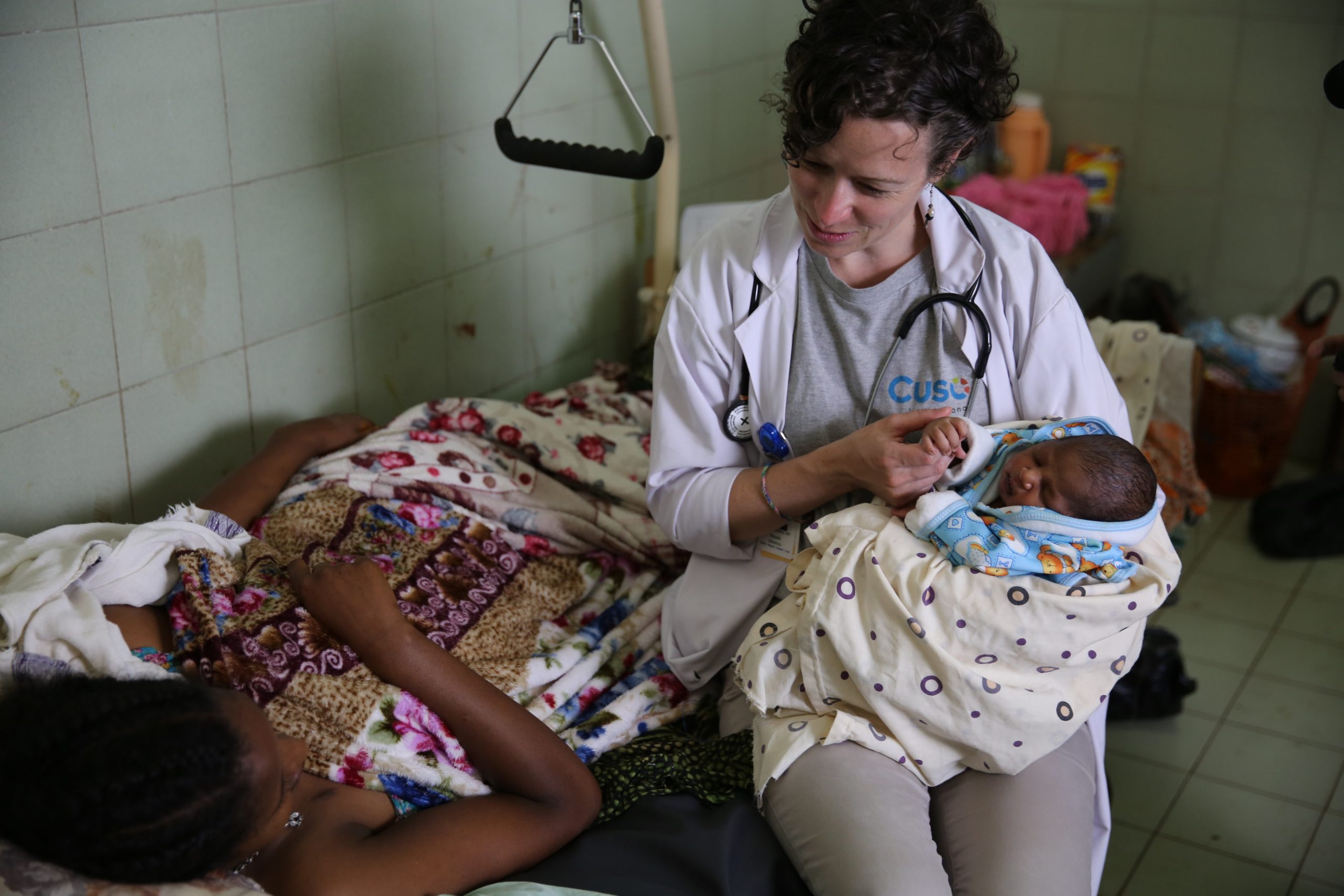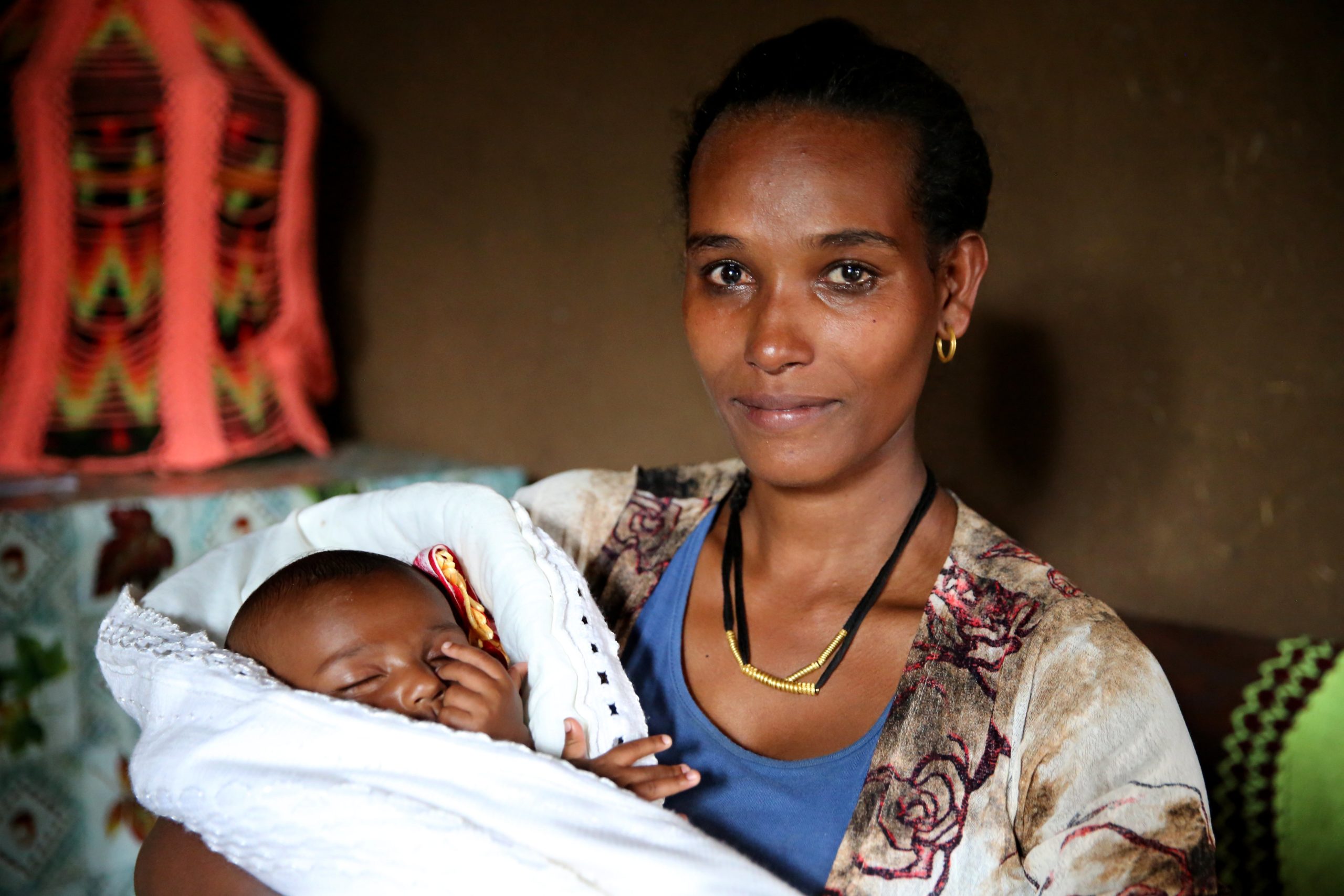Saving the lives of Ethiopian moms and babies
Story

“Even when things are normal, you always have to be prepared to respond to an emergency.”
Abeba and her husband have finally arrived at the hospital in Pawe, Ethiopia. They’re tired from the long journey, but they’re also frightened. Abeba’s contractions are coming hard and fast and she’s losing a lot of blood. She knows this isn’t normal. Abeba’s husband Mulu prays Abeba and their unborn child will survive the birth.
Moms and babies in developing countries are at a much higher risk of mortality than their Canadian counterparts. Resources in many rural Ethiopian hospitals are limited and health workers—trained in providing basic care—do the best they can with what is available. 
This is where Cuso International volunteers like Jennica Rawstron can make a meaningful difference.
The midwifery team worked quickly to stop Abeba’s bleeding, and this was in part due to the emergency skills training they received from Jennica. Abeba survived and she and Mulu welcomed a healthy baby boy into their family.
“Even when things are normal, you always have to be prepared to respond to an emergency,” says Jennica, a midwife from B.C. “We discussed and practiced those skills so that when an emergency does happen, like it did with Abeba, they are calm and able to work through it.” 
Working closely with her Ethiopian counterparts, Jennica helped design and deliver training in areas like emergency obstetric care, clinical decision-making and compassionate and respectful maternity care.
“I was excited to have tangible experience to share and I was motivated by the potential for change in an area where maternal mortality rates are so high,” says Jennica. “Cuso International placements are about teaching and aiming for sustainable change. Then, the ripple effect can occur.”
Since August 2017, Cuso has sent more than a dozen skilled health workers to support our partners in Ethiopia. You can help us ensure more women and children, like Abeba and her newborn, receive the quality care they need. Find out how here.